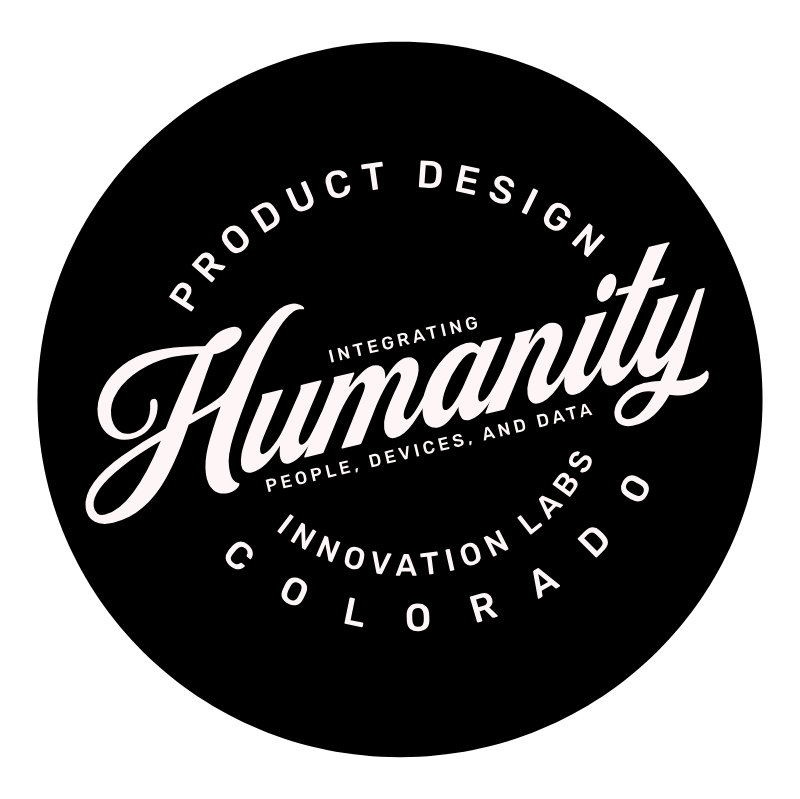The Value of Binary Code in Mixed Methods Research
Mixed methods research, the combination of qualitative and quantitative methodologies, has gained widespread recognition for its ability to provide a comprehensive understanding of complex phenomena. In the age of information technology, binary code, the fundamental language of computers, is emerging as a valuable tool to enrich and expand the scope of mixed methods research. This article explores the unique advantages that binary code brings to the table, highlighting its potential to enhance the depth and precision of research findings.
Quantitative Precision
Binary code, composed of 0s and 1s, forms the foundation of all digital data representation. In mixed methods research, the integration of quantitative data is crucial for statistical analysis and numerical precision. Binary code facilitates the storage and manipulation of vast datasets, enabling researchers to extract meaningful quantitative insights with accuracy and efficiency.
Data Encoding and Compression
Mixed methods research often involves handling diverse types of data, including text, images, and numerical values. Binary code excels in encoding and compressing different types of data into a unified format, making it easier for researchers to manage and analyze a wide range of information. This ability to compress data is particularly valuable for optimizing storage and processing resources.
Standardization and Compatibility
Binary code follows strict standards, ensuring compatibility across various computing systems and platforms. This standardization is advantageous in mixed methods research, where data from different sources and formats need to be seamlessly integrated. Researchers can rely on binary code to maintain consistency and compatibility throughout the data collection and analysis phases.
Enhanced Data Security
As researchers handle sensitive and confidential information in mixed methods studies, data security is paramount. Binary code supports encryption algorithms and robust security measures, providing an added layer of protection for research data. This is especially critical when dealing with participant identities or other confidential details.
Facilitating Automated Data Analysis
The integration of binary code facilitates the use of advanced computing techniques such as machine learning and artificial intelligence in mixed methods research. Automated data analysis powered by binary code can uncover complex patterns, correlations, and trends within large datasets, enabling researchers to derive more nuanced insights from both qualitative and quantitative data.
Digital Communication and Collaboration
Binary code facilitates seamless communication and collaboration among researchers, especially in a digital era where remote collaboration is increasingly common. Digital platforms powered by binary code allow researchers to share data, collaborate on analysis, and contribute to the research process, fostering a more integrated and dynamic research environment.
Real-time Data Collection
With the aid of binary code, researchers can design and implement systems for real-time data collection. This capability is invaluable in mixed methods research scenarios where immediate feedback or insights are crucial. Real-time data collection enhances the responsiveness of the research process and allows for timely adjustments to study parameters.
In the realm of mixed methods research, the integration of binary code serves as a powerful ally, enhancing the precision, efficiency, and security of the research process. By leveraging the strengths of both qualitative and quantitative approaches alongside the capabilities of binary code, researchers can unlock new dimensions of understanding and push the boundaries of knowledge in their respective fields. As technology continues to evolve, the synergy between mixed methods research and binary code promises to be an exciting avenue for further exploration and innovation in the research landscape.
If you are looking for an expert who understands how to create solutions that allow people to seamlessly interact with technology, we're here to help. Schedule a consultation with our experienced team to learn more about our research and design services. Let's shape the future of technology together!

